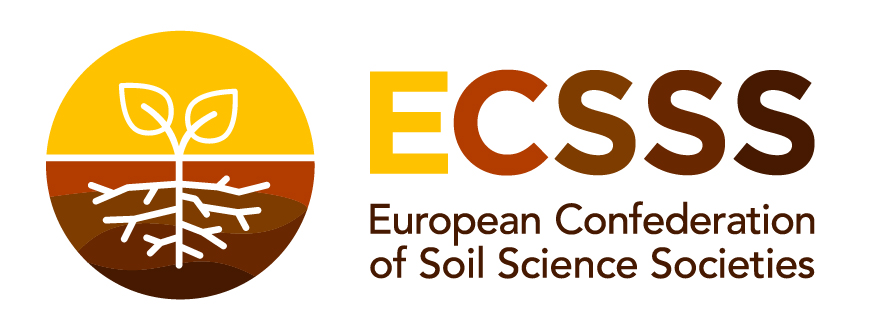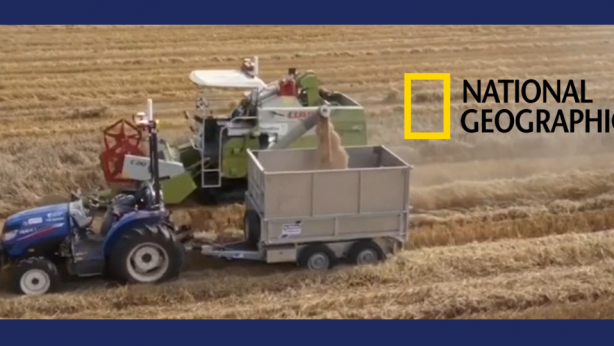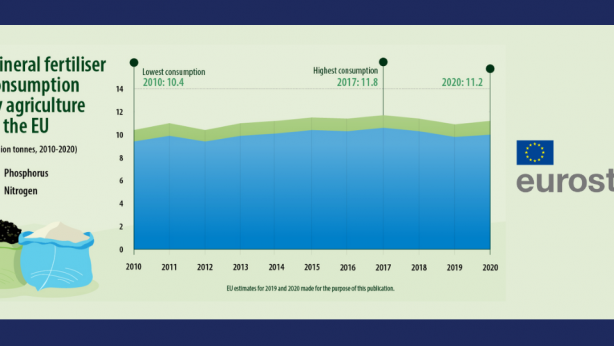Sustainable Development Goals and Soil-related Objectives
Ηighlighted by the European Confederation of Soil Science Societies

NO POVERTY – End poverty in all its forms everywhere.
Poverty remains a key challenge of mankind. Ownership and equitable access to land and natural resources paired with the know-how to sustainability and efficiently manage soils is crucial.
ZERO HUNGER – End Hunger, achieve food security and improve nutrition, and promote sustainable agriculture.
Soil is the most basic resource in nourishing a globally growing population. The soil science community can contribute significantly to different targets formulated within the SDG 2 which include increasing agricultural production, securing access to production resources, ensuring sustainable food production systems, implementing resilient agricultural practices, strengthening capacity for adaptation to climate change, improving land and soil quality, maintaining the genetic diversity and supporting agricultural research and technology developments.
GOOD HEALTH AND WELL-BEING -Ensure healthy lives and promote well-being for all at all ages.
Soil is a key factor for human health and well-being, as it is an essential basis for primary production, biodiversity, decomposition of organic matter, recycling of nutrients, regeneration of water resources, and other ecological and biogeochemical functions crucial for sustaining life on our planet. Unfortunately, pollution and other forms of soil degradation continue to be major impacts adversely affecting these functions and thus, directly as well as indirectly, also human health and well-being. A far-sighted comprehensive soil protection policy is needed.
LIFE ON LAND – Protect, restore, and promote sustainable use of terrestrial ecosystems, sustainably manage forests, combat desertification, half and reserve land degradation, and halt biodiversity loss.
Land degradation results in impaired soil functions and endangers important ecosystem services, such as maintaining biodiversity, providing food, fibre, timber and fuel, regulating water flow, and purifying water.
SUSTAINABLE CITIES AND COMMUNITIES – Make cities and human settlements inclusive, safe, resilient, and sustainable.
Urbanization is exerting pressure on peri-urban and rural areas (national and regional spatial planning), on regional climate (UHI), on biodiversity, and on human physical (contamination), and mental (green public spaces) health. A sustainable management of soils can contribute to sustainability. A healthy and functional soil is a major challenge for the future.
CLIMATE ACTION – Take urgent action to combat climate change and its impacts.
Planetary warming has continued in recent years. Drought conditions predominates across much of the globe. Mitigation and adaptation to climate change and its impacts will require building on the momentum achieved by the Paris Agreement on Climate Change. Stronger efforts are needed and limit hazards for soils too.



